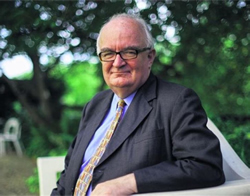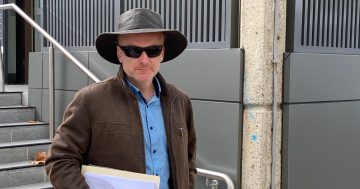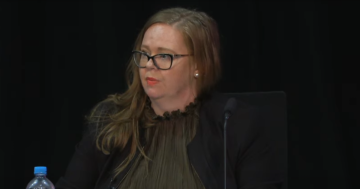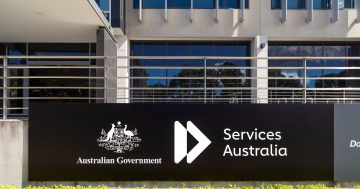 The head of the United Kingdom’s public appointments watchdog has criticised the process by which four COVID-19 ‘tsars’ were put in place.
The head of the United Kingdom’s public appointments watchdog has criticised the process by which four COVID-19 ‘tsars’ were put in place.
Peter Riddell (pictured) said greater clarity about the terms on which the four were appointed in areas such as personal protective equipment (PPE) and vaccine procurement “might have been helpful”.
Mr Riddell’s comments came as the Opposition Labour Party challenged Britain’s most senior Public Servant to provide assurances that proper procedures were being followed in appointments.
Labour singled out 19 roles, including the handing of a Home Office job to a close friend of Prime Minister, Boris Johnson without it being advertised, and controversy over the appointment of Conservative peer, James Wharton as Chair of the Office for Students (OfS).
The challenge by Labour’s Spokesperson on Cabinet Office matters, Rachel Reeves comes after alarm bells about political patronage were sounded by Mr Riddell, and Chair of the Committee on Standards in Public Life, Lord Jonathan Evans.
Asked if he felt public perceptions of governance had been dented by the recent controversies, Mr Riddell said there “has certainly been more social media discussion about alleged ‘cronyism’, as well as media queries, and I’m in no way complacent about the risks”.
While recognising the need to respond quickly to the pandemic in appointing a number of tsars in areas such as PPE and vaccine procurement, with normal competition impractical, he said: “What might have helped is greater clarity about the terms on which people were being appointed.”
He said concerns had been raised over those selected by the Government to sit on the panels that appointed people to public roles.
“This normally involves an informal discussion between a Department and my office, and this presented hardly any problems until last summer when we had a number of cases where names were suggested which were in breach of the code,” Mr Riddell said.
“In each case, I pointed out the clash and an alternative acceptable name was put forward.”
A Cabinet Office spokesperson said that political affiliation was not a bar to holding a public appointment so long as the individual acted in the national interest.
London, 3 March 2021










